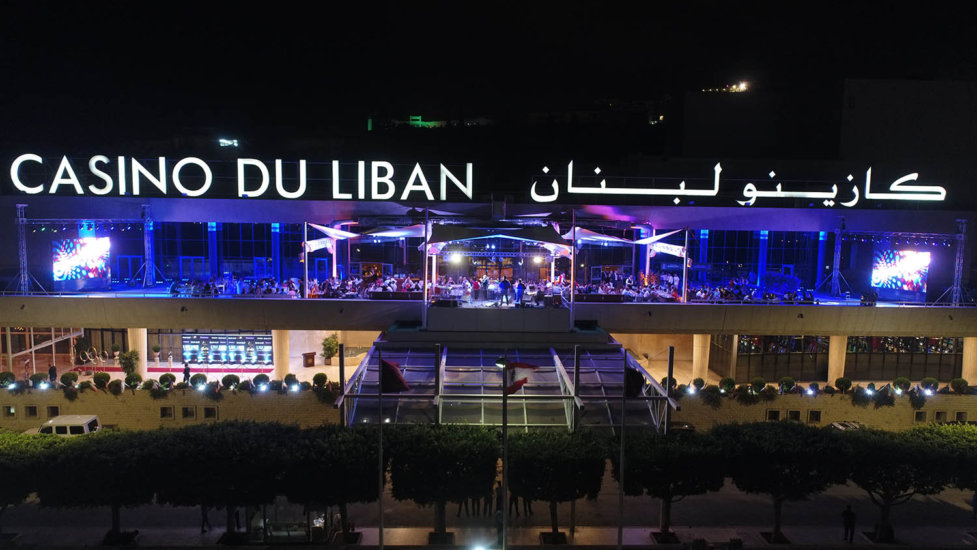
Ed Silverstein — casino.org — The government may sell its partial share of the gaming property, located about 14 miles north of Beirut, to raise money, according to a recent report from Middle East Eye. A leading gaming historian at UNLV, David Schwartz, concurred that Casino du Liban could be sold given the current dire economic conditions. I don’t see why it would be impossible,” Schwartz told Casino.org about a possible transaction involving Lebanon’s casino. “Everything is for sale at the right price.” He added that if a global casino operator took over the casino, “potentially” it could lead to more tourism in the once thriving nation. “It would depend on how much capital they were willing to invest in infrastructure and marketing,” Schwartz added.
When gross gaming revenue (GGR) was higher, the Lebanese government earned significant revenue from the gaming property. In total, 50 percent of all casino revenue goes to the Lebanese government, the report said. Some 80 percent of the venue’s revenue comes from 15 percent of its customers. That 15 percent is largely made up of tourists and players from foreign nations, Middle East Eye reported.
Lebanon Once Was “Monte Carlo of Middle East”
In the past, the casino was known as a magnet for wealthy players among the many high rollers. It led the region to be known as the “Monte Carlo of the Middle East,” the report said. Casinos are rare in the Middle East. Gambling is explicitly forbidden in the Koran, the sacred book of Islam. But Casino Du Liban was built in 1959, when Lebanon was far more Westernized. The casino was once a glamorous vacation destination for film stars and billionaires. Notable visitors included Elizabeth Taylor, David Niven, and Aristotle Onassis. A civil war took place in Lebanon from 1975 to 1990. In recent months, the nation’s currency, known as the Lebanese pound, lost some 80 percent of its value. That has led government officials to explore selling off valuable assets. Last April, Lebanon’s finance ministry began getting an appraisal for the casino, the Middle East Eye reported. These assets have untapped potential. Managing them properly can unlock sizeable income streams for Lebanon,” Mohamad Faour, a postdoctoral researcher in finance at University College Dublin, told the publication. Since reopening on June 1 after months of closure because of the coronavirus pandemic, the venue is looking for new ways to earn revenue. The casino may expand into online gaming or open a bingo hall, the report adds. Beyond the share owned by the Lebanese government, Abela Tourism and Development Company and private investors are among the other owners.
Economic Crisis Blamed on Banks
Much of Lebanon’s current economic crisis is linked to the banking sector. As of the middle of last year, combined assets among Lebanese banks jumped 83 percent over eight years to $253 billion, the Financial Times reported. In March, the Lebanese government defaulted on $90 billion of debt, followed by the financial crisis. The COVID-19 outbreak hurt the economy, too. In recent weeks, bank branches were barricaded, and protests took place near the nation’s central bank, the Financial Times reported. The Lebanese pound is now valued approximately six times lower than it was in 2019.



